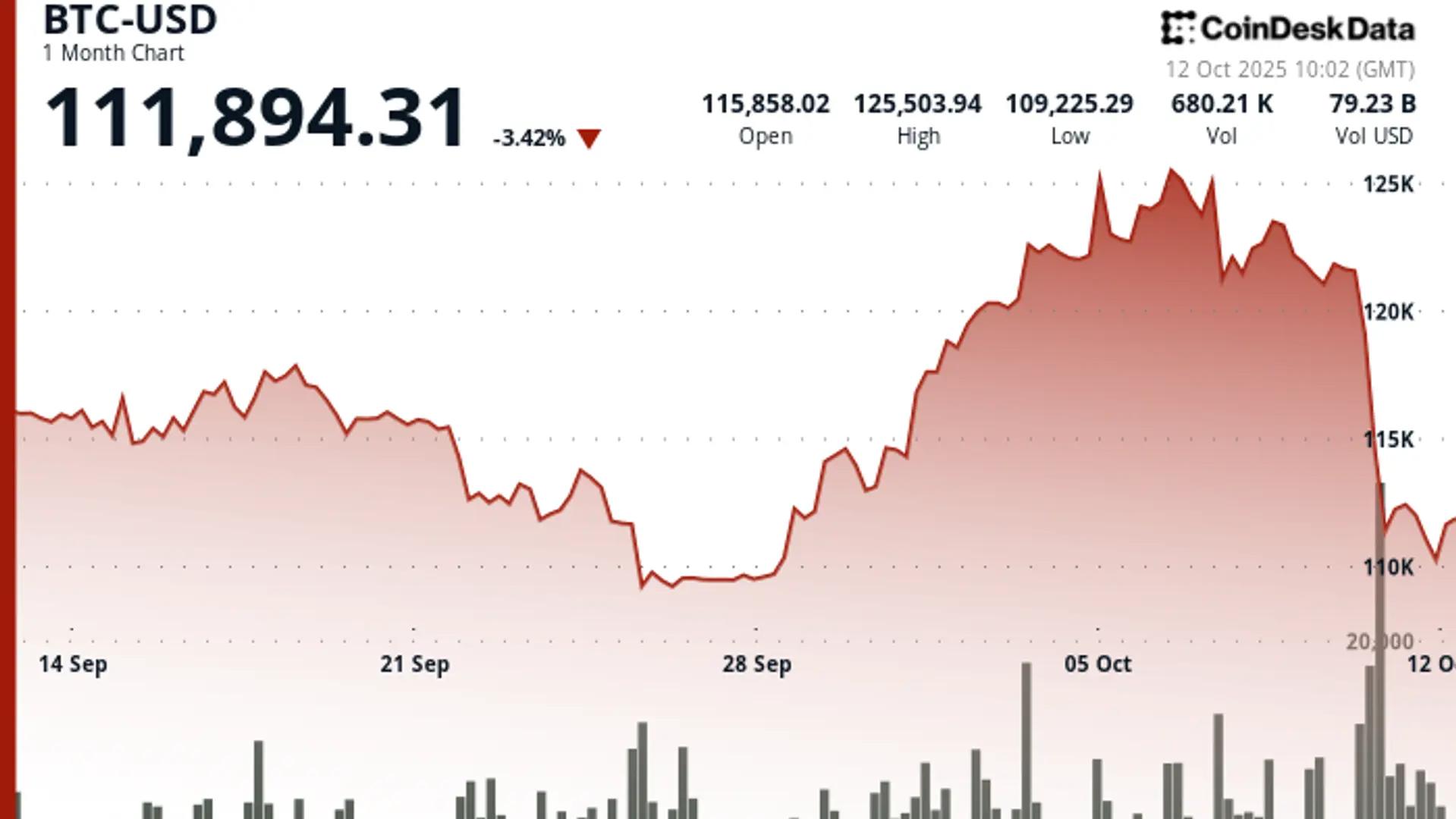China’s Ministry of Commerce (MOFCOM) says its new rare-earth export controls are lawful national-security steps — not blanket bans — and that licenses will be issued for eligible civilian trade, according to a spokesperson’s Q&A posted on X Sunday morning local time.
Rare earths — a group of 17 elements used in permanent-magnet motors for electric vehicles (EVs) and wind turbines, defense electronics and other high-tech gear — occupy an outsized role in supply chains because China dominates the sector.
Beijing accounts for roughly 70% of global production and about 90% of processing and refining; so licensing shifts can ripple downstream even when mining or final manufacturing happens elsewhere.
In remarks published only hours ago, the MOFCOM spokesperson framed the Oct. 9 action — taken with the General Administration of Customs — as part of a longer effort to “refine” China’s export control system in line with domestic law and non-proliferation obligations.
The spokesperson cited the military relevance of medium- and heavy rare earths and said partners were notified in advance through bilateral export-control dialogue mechanisms.
Implementation, the ministry said, will hinge on licensing rather than prohibition.
Reviews will be conducted under law, licenses will be granted where applications qualify, and Beijing is “actively considering” facilitation measures — including potential general licenses and license exemptions — to promote legitimate trade.
The spokesperson also said China had assessed the measures’ effects ahead of time and expects the broader supply-chain impact to be “very limited.” The message to commercial users was explicit: compliant civilian exports “can get approval.”
Responding to Washington — while leaving room for talks
MOFCOM also addressed President Donald Trump’s comments from Oct. 10 on Truth Social about an additional 100% tariff on Chinese imports (becoming effective Nov. 1, 2025) and prospective U.S. export controls on “critical software.”
The spokesperson called the American position a “double standard,” pointing to the breadth of U.S. control lists and de minimis rules as examples of Washington’s expansive approach.
At the same time, the ministry emphasized process, saying China “does not want” a trade war but “is not afraid” of one, and urging a return to established consultation channels to manage differences on a reciprocal basis. The spokesperson said China would take “resolute measures” to protect its interests if the U.S. proceeds.
Separate comments criticized U.S. port fees due to take effect Oct. 14 on certain Chinese-linked vessels.
MOFCOM described those fees as unilateral and inconsistent with WTO rules and bilateral agreements. China, the ministry said, will levy special port fees on U.S.-linked vessels under domestic regulations — characterizing the step as a defensive countermeasure aimed at safeguarding the rights of Chinese companies and maintaining fair competition in shipping.
As of Sunday, 9:15 a.m. UTC, according to CoinDesk Data, bitcoin traded around $111,271, down 0.5% in the past 24 hours and 10% from Thursday’s Oct. 9 intraday high of $123,641. The Crypto Fear & Greed Index read 24 — “Extreme Fear” — versus “Greed” a week ago, underscoring fragile sentiment.
